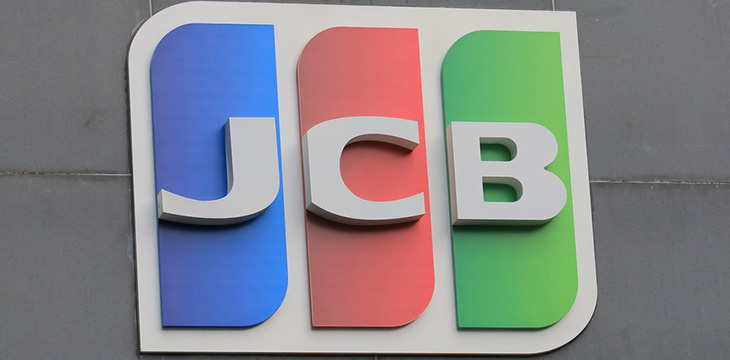|
Getting your Trinity Audio player ready...
|
Japan Credit Bureau (JCB), a credit card company operating out of Tokyo, has announced that it will test a central bank digital currency (CBDC) infrastructure. Dubbed the JCBDC project, the bureau says it will leverage its existing credit card infrastructure to achieve its objectives.
JCB aims to set things in motion ahead of the national CBDC launch, which is being experimented on by the Bank of Japan (BOJ). The project embarked upon by the JCB will comprise three arms, with the first being the “utilization of touch payment infrastructure,” the provision of plastic cards for the CBDC, and “building a simulated CBDC handling environment.”
The JCB notes that it will collaborate with French tech firm IDEMIA, a company specializing in providing augmented identities to clients in public security, finance, and telecommunications. Malaysian fintech company Softspace will also play a role in the JCB experiment, making it a three-company joint project.
Under the ambit of the provision of cards for CBDCs, JCB notes that touch payment will be used. However, in the future, new solutions for mobile, like QUICPAY or QR codes, will be utilized to give users a wide berth of options. Barcode payment solutions will be considered, while a touch payment interface will be added to create a “contactless payment terminal.”
“In the JCBDC project, we plan to develop a payment solution by the end of 2022 and conduct demonstration experiments at actual stores until the end of March 2023 to verify the technology and eliminate problems,” according to JCB’s public disclosure.
This is not the first time JCB will be experimenting with digital innovation, having collaborated with Fujitsu Laboratories on a digital identity interoperability system using blockchain.
The state of Japan’s quest for CBDCs
The earliest attempt by the Japanese central bank to explore CBDCs was in October 2020, when it revealed a three-phase outline for their development. The BOJ stated that it would adopt a cautious approach in launching the digital yen, given the potential pitfalls.
The governor of the central bank gave a tentative date of 2026, but since the launch of the three-phase outline, testing on the technical aspect of the digital yen was yet to begin. This has left CBDC enthusiasts in a state of uncertainty over the form of the country’s quest for a digital version of its national currency.
Hiromi Yamako, former head of the BOJ’s financial settlement department, warned against the issuance of the digital yen over concerns about negative interest rates and the underlying threats to the nation’s financial stability.
To learn more about central bank digital currencies and some of the design decisions that need to be considered when creating and launching it, read nChain’s CBDC playbook.
Watch: The BSV Global Blockchain Convention presentation, CBDCs and BSV

 02-25-2026
02-25-2026 




